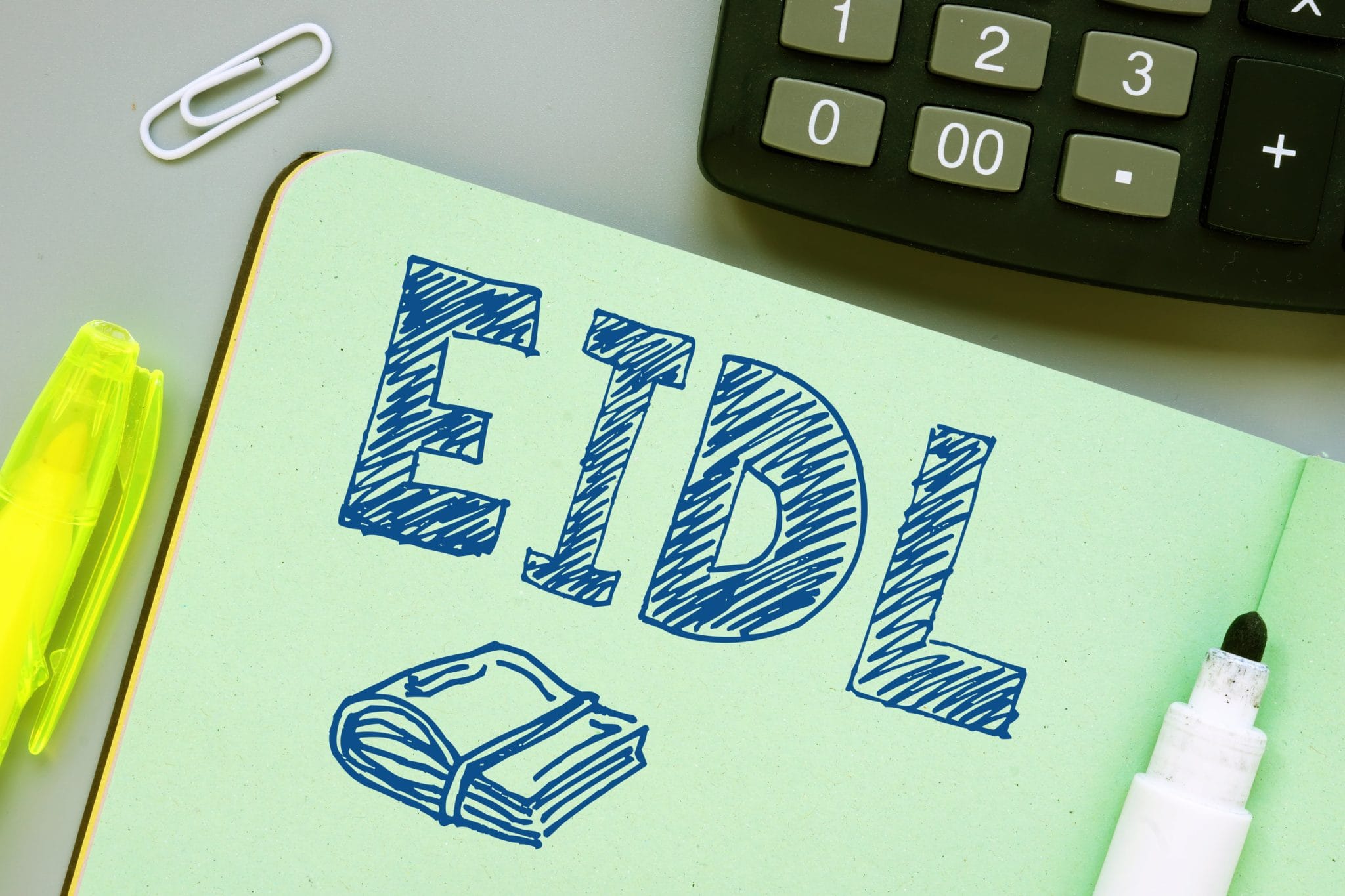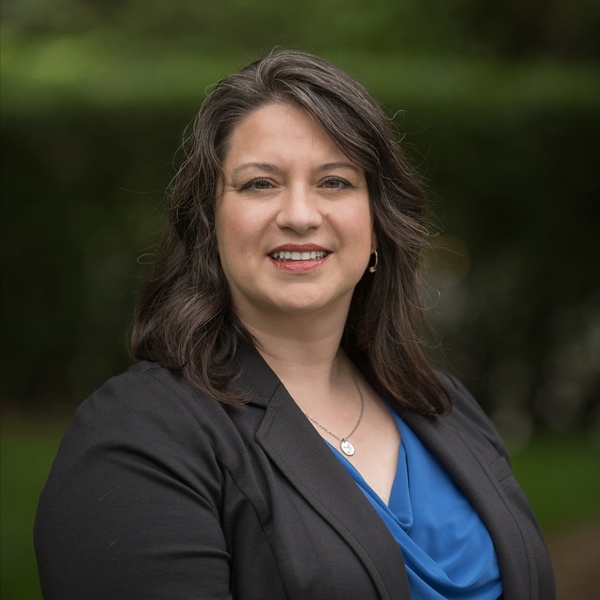In the first round of EIDL grants in March of 2020, funds were quickly depleted, and many small business applicants received only a small portion, if any, of the original full EIDL amount of $10,000. As part of the Economic Aid to Hard-Hit Small Businesses, Non-Profits, and Venues Act that was signed into law on December 27, 2020, the Small Business Administration (SBA) announced a new program called the COVID-19 Targeted EIDL Advance to assist businesses located in low-income communities with funds to support business continuity, resiliency, and business adaptation to current pandemic circumstances.
Interestingly, no action is required for applicants. The SBA will first reach out to those businesses that already received a partial EIDL Advance ($1,000 to $9,000). Once those applicants have all been contacted, the SBA will move to those applicants who applied for the original EIDL on or before December 27, 2020 but were denied funds due to lack of program funding. All communications will be sent from an official government email with the @sba.gov address. These communications will be sent in the next few weeks containing instructions to determine eligibility and submission of supporting documentation. Businesses are cautioned to not send sensitive information to any address that does contain the official government ending in the actual address – not just the address that is displayed.
Businesses that received partial EIDL funds may qualify for the new Targeted EIDL Advance if they meet the following criteria:
- Are located in a low-income community as defined in Section 45D(e) of the Internal Revenue Code. The SBA will provide additional details on how low-income communities will be identified on their Coronavirus Relief Options page. AND
- Can demonstrate more than 30% reduction in revenue during an 8 week period beginning on March 2, 2020 or later. Documentation will be required.
Applicants that did not receive original EIDL funds due to lack of funding will also need to meet the 300 or fewer employees threshold. Additionally, all applicants may be asked to provide an IRS Form 4506-T to authorize the SBA to request tax return information on the applicant’s behalf.
Please note that the business entities eligible for the EIDL, include sole proprietors, independent contractors, and private, nonprofit entities. Agricultural enterprises are not eligible.
The SBA emphasizes that the organization will reach out directly to applicants. Only prior applicants will be considered for the Targeted EIDL Advance.
Visit the Small Business Administration’s Frequently Asked Questions about the Targeted EIDL Advance for more information.
Visit Thompson Greenspon’s COVID-19 resource page for frequently updated articles, links, and updated information or contact us if we can be of assistance.
© 2021
Written by: Erin Kidd, AFC, MBA


